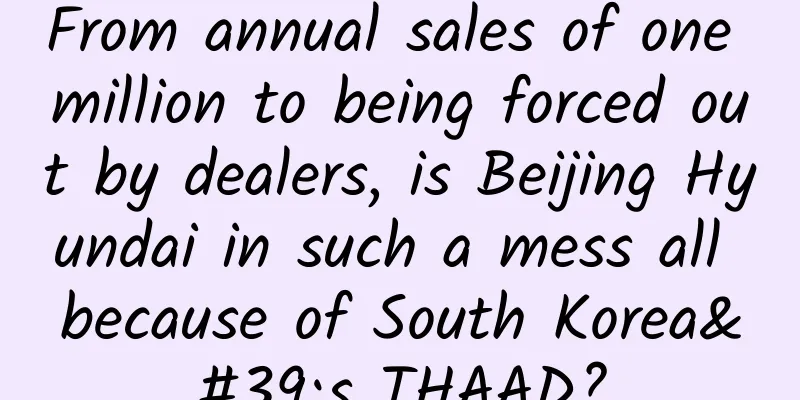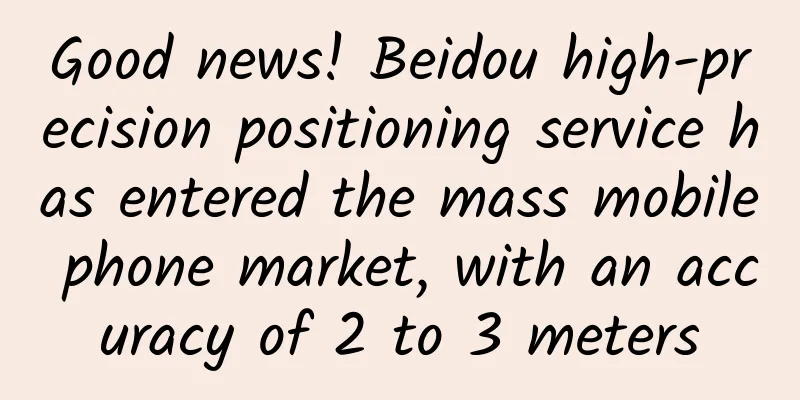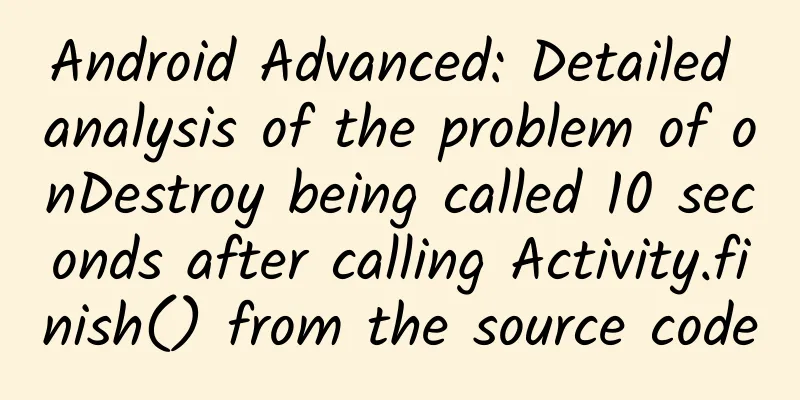From annual sales of one million to being forced out by dealers, is Beijing Hyundai in such a mess all because of South Korea's THAAD?

|
This month, the new generation of Santa Fe is about to be launched. Against the current backdrop of "electricity in and oil out", Beijing Hyundai is vigorously promoting a fuel vehicle. It seems that Beijing Hyundai is still confident in its products, but its dealers may not have this confidence. On August 8, nine Beijing Hyundai dealers in Hunan Province collectively sent a letter stating that they would temporarily stop picking up cars from the headquarters and would no longer accept cars automatically delivered by the company. At the same time, the dealers also demanded that Beijing Hyundai honor all its previous promises and incentive policies. The reason why the Hyundai dealers in Hunan sent this letter was explained clearly in the letter: the inventory pressure is extremely high, the operation is very difficult, and the losses are very serious. The literal translation is that the cars cannot be sold, the brand is still pushing the goods to the terminal, and the dealers can no longer bite the iron plate. The automobile industry has a very long industrial chain. In many cases, when consumers go to a 4S store to buy a car, they may not necessarily see the brand's operating crisis, but the duck knows first when the water warms in spring, and dealers are the most sensitive to the manufacturer's operating conditions. Among these dealers, some stores have been open for 30 years. It can be said that they have grown together with Beijing Hyundai. And to have been able to maintain it for 30 years, they must have some foundation. But now they are openly forcing the palace, proving that Beijing Hyundai’s problems may be more serious than the outside world imagines. The outside world does not know how serious the inventory problem of Beijing Hyundai dealers in Hunan is. According to the automobile dealer inventory survey report released by the China Passenger Car Association on August 10, the inventory coefficient of joint venture brands was as high as 1.63 in July, exceeding the warning level of 1.5. Beijing Hyundai was "difficult to exceed" and its inventory coefficient reached 2.45 in July, second only to Jaguar Land Rover's 2.55. That is to say, even if Beijing Hyundai dealers stop purchasing now, it will take more than two months to sell the existing inventory of vehicles, and this is still an ideal situation. This situation is undoubtedly a nightmare that is difficult to wake up for dealers in Hunan. Generally speaking, the interests of dealers are tied to those of manufacturers, but if the operating conditions of a brand continue to deteriorate, dealers will have no choice but to flee. Take the mobile phone market of that year as an example. Before the two giants Nokia and Samsung failed in the Chinese market, their national dealer systems collapsed. Judging from the current situation, only the dealers in Hunan Province are forcing Beijing Hyundai to resign, and it has not yet spread to the whole country. But there is another possibility, that is, these dealers forcing resign are the last wave of dealers willing to follow Beijing Hyundai, and a large part of them may have withdrawn from the network before this storm. According to a survey conducted by 91che in Zhengzhou, Henan Province, a city that ranks among the top ten in terms of both car ownership and sales, large-scale withdrawal of joint venture car dealers has become a normal phenomenon. Beijing Hyundai's sales have been falling in recent years, and it is inevitable that it will lose its dealers. Beijing Hyundai's sales peaked in 2013-2016, with sales exceeding 1 million units for four consecutive years, firmly ranking among the top manufacturers in the Chinese auto market. However, sales began to fall rapidly in 2017, falling to 790,000 units that year, falling below 500,000 units in 2020, falling below 300,000 units in 2022, and only 100,000 units in the first half of 2024, making it a marginalized brand in the market. What is the reason that Beijing Hyundai has gone from a mainstream manufacturer to a market scrap in just seven years? Its decline was due to two force majeures. The THAAD incident that broke out in early 2017 caused the image of Korean products to plummet in the eyes of Chinese consumers. This incident dealt a heavy blow to Beijing Hyundai, and this year also marked the beginning of Beijing Hyundai's decline. Secondly, the three-year epidemic has caused Beijing Hyundai to be hit just like other joint ventures. In an industry like the automobile industry, which has a very complex supply chain, the most feared thing is volatility. However, it should be noted that these two factors are not the main reasons for Beijing Hyundai's rapid decline. The epidemic is a situation faced by all manufacturers, and Chinese consumers' sentiment towards brands has not completely affected their consumption decisions. For example, Japanese brands did not collapse so easily. The sales of Beijing Hyundai fell mainly because its original foundation was not solid. Compared with Japanese, German and American cars, Korean cars are positioned lower and have average brand influence. They mainly rely on low prices to become a "substitute" for some joint venture brands. Taking the B-class car market as an example, the Beijing Hyundai Sonata has always been far behind models such as the Toyota Camry, Volkswagen Passat, and Buick Regal, and is an embarrassing second-rate role in the joint venture B-class car market. At the same time, Chinese independent brands have experienced explosive growth since 2017. Compared with Korean cars, domestic models are cheaper and more equipped, and they continue to eat into the market share of Korean cars. The monthly sales of domestic main models often exceed 10,000, which started from that period. In addition, after the rise of domestic brands, joint venture brands such as Volkswagen and Toyota have felt tremendous pressure, and the prices of their models have continued to fall, squeezing the living space of Korean cars. Domestic cars continue to rise, while other joint venture cars continue to fall. Beijing Hyundai, which is in an awkward position, can't stand it and eventually loses. Of course, there is another more important reason for Beijing Hyundai's declining sales, which is that it did not seize the opportunity of China's new energy market. The new energy business of Japanese manufacturers is also a mess, but they can at least insist on upgrading, come up with their own new energy platforms, and cooperate with Chinese new energy manufacturers. Beijing Hyundai is just watching from the sidelines, and its mentality is also seriously problematic. Its Chinese executives can even say such illogical jokes as "wait for Chinese car companies to burn to death first, and then come in to deal with you later." Judging from the current situation, Beijing Hyundai is already powerless to turn the tide. In June this year, Hyundai Motor Group CEO Chang Jae-hoon announced that it would close one of its factories in China and sell two others, and that its product offerings would be reduced from 13 to 8 models. At present, Beijing Hyundai’s Shunyi factory was sold to Ideal Auto as early as 2021. After the Chongqing factory was offered at a price of 3.6 billion yuan but no one was interested, it was sold at a low price of 1.62 billion yuan in early January this year. With sales plummeting and no way to stop the bleeding, will Beijing Hyundai withdraw from the Chinese market? In the past two years, affected by the dual impact of declining sales of fuel vehicles and the rise of new energy vehicles, joint venture brands such as GAC Mitsubishi and Acura have announced their withdrawal from the Chinese market, but Beijing Hyundai may not necessarily make such a decision in the short term. At present, Beijing Hyundai still has a certain market influence in China. It has models such as Elantra with monthly sales of more than 7,000 units. Compared with brands such as DS and Mitsubishi, it still has a better mass base. China already has a strong new energy vehicle supply chain, and even new car manufacturers that have just started out can gain a foothold in the market. If Beijing Hyundai is determined to develop electric vehicles, it may not be a bad opportunity for a comeback. In addition, Beijing Hyundai can also choose to export. In the first half of 2024, Beijing Hyundai's export sales have reached 13,182 units, a year-on-year increase of 200%. According to Qi Xiaohui, deputy general manager of Beijing Hyundai, Beijing Hyundai will become the global export base of Hyundai Motor, striving to increase the export volume to 100,000 units within three years. In the second quarter of 2024, Hyundai Motor's sales reached 236.805 billion yuan, a year-on-year increase of 6.6%, and its net profit was 21.934 billion yuan. In other words, Hyundai Motor is not doing well in China, but its performance in the global market is first-class. With no shortage of money, it seems a bit too pity to withdraw from the vibrant Chinese market. It is suggested that Hyundai Motor might take a closer look at its good brother Samsung mobile phones. Although it is almost nowhere to be seen in the Chinese market, it has not announced its withdrawal from China. Hold on, there will always be a chance. As a winner of Toutiao's Qingyun Plan and Baijiahao's Bai+ Plan, the 2019 Baidu Digital Author of the Year, the Baijiahao's Most Popular Author in the Technology Field, the 2019 Sogou Technology and Culture Author, and the 2021 Baijiahao Quarterly Influential Creator, he has won many awards, including the 2013 Sohu Best Industry Media Person, the 2015 China New Media Entrepreneurship Competition Beijing Third Place, the 2015 Guangmang Experience Award, the 2015 China New Media Entrepreneurship Competition Finals Third Place, and the 2018 Baidu Dynamic Annual Powerful Celebrity. |
>>: Snapdragon 820 version of Samsung S7 latest running score exposed: a new high
Recommend
Baidu did three things right in its transformation to mobile Internet
Since the third quarter of 2014, Baidu's mobi...
Spring Festival Gala magician's "Lung Cancer Escape Guide": A must-see for high-risk groups! These life-saving tricks are more exciting than magic
After last year's Spring Festival Gala, the m...
What are the functions of the pet mini program? How to develop a pet store mini program?
Nowadays, more and more people like to keep pets, ...
BAT is focusing on mini-apps. What should developers do when they are at the crossroads?
This is the best era, but also the worst era. Thi...
The evolution of AI technology is underestimated by the public
ChatGPT, recently launched by OpenAI, has become ...
PC WeChat article one-click export assistant_resource cat, green software download station
A free WeChat article export tool that can export...
An incomplete review of the creation of Douyin from 0 to 1
It has been exactly one month from November 6th t...
80% of online education institutions are learning how to operate private domains
Perhaps some people are still unfamiliar with chi...
Are the hazards of sitting for a long time so serious?
Everyone knows that sitting for a long time is ba...
Practical experience: Talk about the practical experience of "user growth"!
The concept of User Growth (UG) originated from t...
"Flying geese stepping on snow and mud"! The 85-year-old academician made three wishes on his birthday...
"The seabed is so beautiful, with sea lilies...
How to find operational shortcomings and know what you are missing in operations
The knowledge of operations is of great help in i...
Boguang Education's "Short Video Editing and Sales All-round Class" from entry to mastery
Boguang Education's "Short Video Editing...
4 carefully selected WeChat mini-programs to make your phone omnipotent
Here we share 4 carefully selected WeChat applets...
Content Promotion|How to build private domain traffic?
As China's mobile Internet penetration accele...









